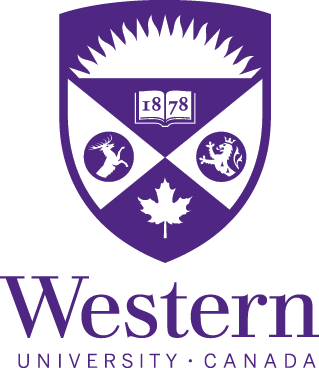
|
|

|
|

|
|

|
|

|
|

|
|

|
|

|  |
Courses Fall 2008
Chem 274a: Microscopic Physical Chemistry
Course informations and handouts: Consult WEBCT
Description: covers the basic ideas of chemical kinetics and introduction to quantum chemistry: kinetic theory of gases, including velocity distributions, mean free path, and collision rates; chemical kinetics, including rate equations, reaction order, reaction mechanism, catalysis, Arrhenius equation, hard-sphere collision theory, activation energy and the activated complex; transport properties such as viscosity, diffusion, Fick’s first and second laws, ionic mobility; and introductory quantum mechanics, including the development of quantum theory, a particle in a box, and its application to pi-conjugated systems and metallic conductivity.
Lectures: Courses on Monday, Wenesday, Friday, 11h30:12h30, room B&GS 0165
Prerequisite:
Chem 020 (>60%) or Chem 023 (>70%)
Calculus 050a/b + one of Cal 051a/b, 081a/b, 091a/b,
or linear Algebra 040a/b, or applied math 026 (>60%), Math 030 (>80%)
Evaluation:
Exams: Mid-Term on Wednesday October 29, 7:00 – 9:30 pm
End-Term in December – TBD by the registrar
3 Assignments – at the end of lectures covering each main topic
Final Mark Weighting
15% - 3 assignments
35% - Mid-term
50% - End-term
Please note: In order to pass, you must score at least 50% in both the lab and the final exam components. The final exam must be written.
Textbooks:
“Physical-Chemistry”, by Atkins.
Many versions of this book can be found, new or used, or at the library.
For the preparation of this course, I will use “Physical-Chemistry”, fourth edition , by Atkins (isbn 0-19-855284-X) and “Physical-Chemistry”, seventh edition, by Atkins and De Paula (isbn 0-7167-3539-3) This book is recommended but not compulsory. However if the student wish to continue in Physical-chemistry, it can be a good book to have. I will provide notes at the end of each week. The notes will be available on-line on WEBCT.
Courses winter 2008
Chem 214b: Physical Chemistry for life science
Description: The course provides an understanding of the basic concepts of thermodynamics. The principle of thermodynamics laws will be presented and applied through excercises. An important objective is to introduce the concepts of free energies, entropy and enthalpy in connection to chemical and physical equilibria and reactivity. Some important aspects of the molecular motion - the processes of diffusion, solvation, and sedimentation will be reviewed. Application exemples to biological systems will be givenPrerequisite:Chemistry 020 or 023; Mathematics 030 or Calculus 050a/b plus one of 051a/b, 081a/b, 091a/b or Linear Algebra 040a/b, or Applied Mathematics 026.
Tentative schedule:
Courses on Monday, Wenesday, Friday, 2.30-3.30 pm
Labs on Fridays, 9:30 am-12:30 pm at ChB 110 (every other week)
Evaluation: problem sets (x3-20%), labs (20%), midterm (25%), final (35%)
Textbooks: "Physical Chemistry", Principles and applications in biological Sciences" ,Tinoco, Sauer, Wang, Puglisi, 4th Edition, Prentice Hall Eds., ISBN 0-13-095943-X
Chem 364b (winter term): Physical Chemistry of Materials
Description: The course will present modern aspects of physical chemistry applied to materials and their properties. Lectures on basic elements such as bonding in materials, crytallography, phase diagrams, defects in materials will be developped. Properties of materials such as nanomaterials, ceramics,piezzoelectricity and other advanced materials used in modern technology will be discussed. Behavior such as diffusion, stress, strain, defect types will be described.Prerequisite: Chemistry 214a/b or 284b
Tentative schedule:
Courses on Monday, Wenesday, Friday, 11.30 am-12.30 pm
Evaluation: problem sets (x3-20%), Presentation (15%), midterm (25%), final (40%)
Textbook: "Physical Chemistry", 7th edition, Peter Atkins, Julio de Paula, Freeman Edition, ISBN 0-7167-3539-3
"Materials Science and engineering: an Introduction", W.J. Callister, 7th Ed, Wiley, ISBN 0-471-73696-1
Plagiarism: Students must write their essays and assignments in their own words. Whenever students take an idea, or a passage from another author, they must acknowledge their debt both using quotation marks where appropriate and by proper referencing such as footnotes or citations. Plagiarism is a major academic offence (see Scholastic Offence Policy in the Western Academic Calendar).






